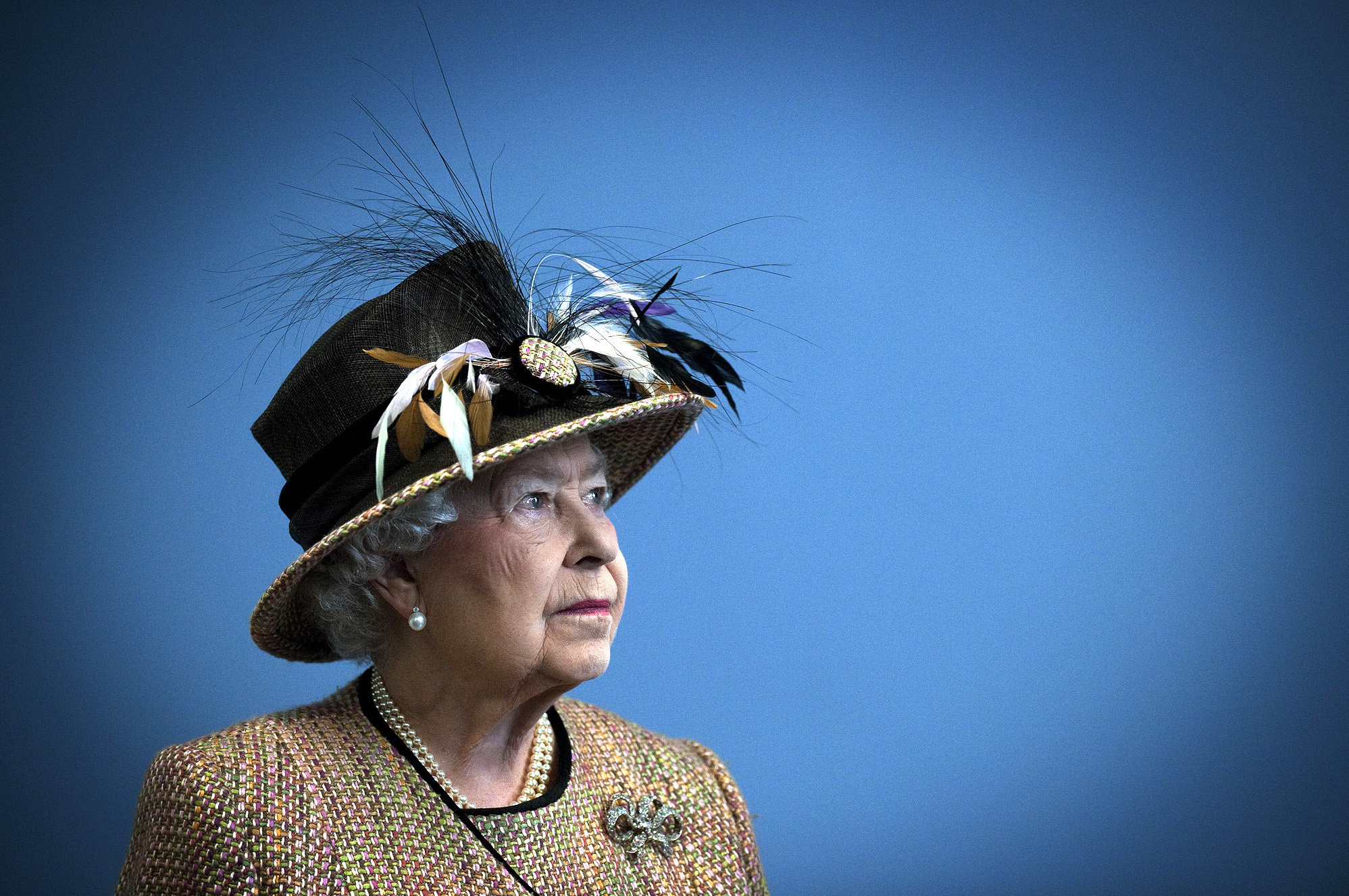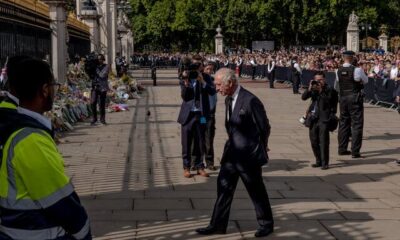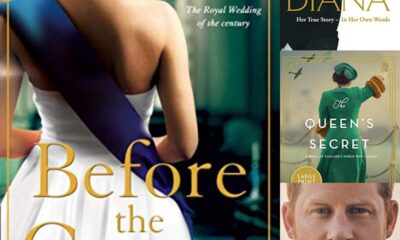Must Read
The Enduring Legacy of Princess Diana: A Tragic Tale of Love, Loss, and Controversy
Princess Diana's untimely demise on August 31, 1997, sent shockwaves across the globe, marking a watershed moment in modern history.
Her death not only sparked widespread mourning but also ignited a flurry of discussions and controversies that continue to resonate today.
This article takes a closer look at the events surrounding her tragic end, the immediate aftermath, global reactions, investigations, and her lasting impact on both British society and the monarchy.
Diana, born Diana Spencer on July 1, 1961, became a beloved figure when she married Prince Charles in 1981.
Their fairy-tale wedding captivated audiences worldwide, establishing her as the “People's Princess.”
Known for her compassion and humanitarian efforts, Diana endeared herself to the public despite the tumultuous nature of her marriage, which ultimately led to separation in 1992 and divorce in 1996.
Her willingness to discuss personal struggles and step away from royal conventions only deepened her connection with the masses.
On that fateful night in Paris, Diana was leaving the Ritz Hotel with her companion, Dodi Fayed.
They were being driven by Henri Paul, the hotel's head of security.
As they navigated the streets, they found themselves relentlessly pursued by paparazzi eager to capture a moment of their lives.
Tragically, this high-speed chase culminated in a devastating crash inside the Pont de l'Alma tunnel, claiming the lives of Henri Paul, Dodi Fayed, and ultimately, Princess Diana herself.
News of Diana's death spread like wildfire, leading to an outpouring of grief that swept through the United Kingdom and beyond.
Millions mourned the loss of a woman who had become synonymous with compassion and grace.
Kensington Palace transformed into a makeshift memorial, overflowing with flowers and heartfelt tributes, symbolizing the collective sorrow felt by the public.
Initially criticized for their muted response, the royal family eventually recognized the depth of public grief, leading to unprecedented displays of mourning.
Diana's funeral on September 6, 1997, held at Westminster Abbey, was a grand yet somber affair.
Attended by dignitaries, celebrities, and ordinary citizens alike, it was broadcast worldwide, attracting an estimated 2.5 billion viewers—one of the most-watched events in television history.
Elton John's emotional rendition of “Candle in the Wind 1997,” a tribute to Diana, encapsulated the global sentiment of loss and remembrance, further solidifying her place in the hearts of millions.
In the wake of her death, both French and British authorities launched investigations to uncover the truth behind the crash.
The French inquiry, led by Judge Hervé Stéphane, concluded that Henri Paul's intoxication and reckless driving, compounded by the aggressive pursuit of paparazzi, were the primary causes of the tragedy.
This investigation dismissed any notions of foul play, focusing instead on the unfortunate chain of events that led to the crash.
Conversely, the British inquest, which took several years to conclude, delivered a different verdict.
In 2008, the jury ruled Diana's death as an “unlawful killing,” attributing blame to Henri Paul's reckless behavior and the relentless pursuit by photographers.
This verdict reignited debates and conspiracy theories, casting doubt on the official narrative and raising questions about accountability within both the media and the royal family.
Despite the official findings, conspiracy theories surrounding Diana's death continue to thrive.
Some allege that powerful interests orchestrated her demise, fearing her influence and activism.
These theories reflect a broader skepticism regarding official accounts and highlight unresolved questions about the circumstances leading to her tragic end.
Princess Diana's legacy is undeniably profound, influencing not only global culture but also perceptions of the British monarchy.
Her advocacy for various causes, including landmines and AIDS awareness, continues to inspire charitable efforts worldwide.
Furthermore, her approachable demeanor and direct engagement with the public reshaped the monarchy's image, paving the way for future generations of royals to connect more authentically with the people.
The aftermath of Diana's death prompted significant soul-searching within the British monarchy and society.
Criticism of the royal family's initial response highlighted a growing disconnect between traditional institutions and the evolving expectations of the public.
This discontent fueled calls for modernization and transparency, ultimately shaping subsequent royal engagements and public relations strategies.
As we reflect on Princess Diana's tragic passing, it remains a poignant chapter in modern history filled with grief, investigations, and ongoing speculation.
The circumstances surrounding her death continue to evoke strong emotions and cultural discussions, prompting debates on accountability, privacy, and the responsibilities of public figures.
Diana's legacy as a global icon of compassion and resilience endures, inspiring charitable initiatives and ongoing conversations about her impact on society and the monarchy.








































